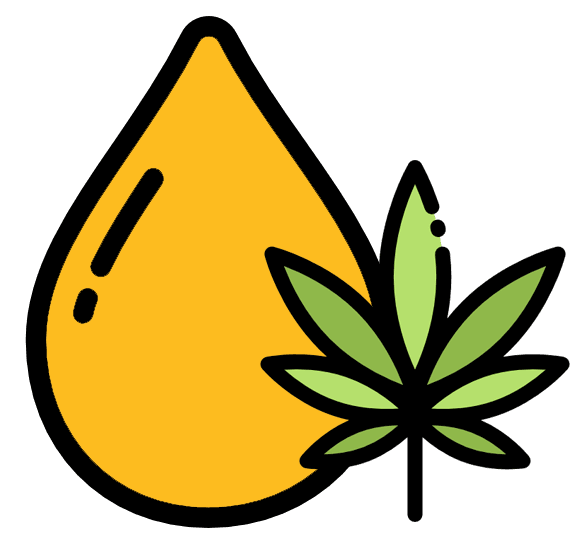When Canada changed its cannabis laws in 2018, songs of praise from advocates and a flurry of complaints from critics swept the news. For better or for worse, marijuana was now legal in Canada.
However, the new cannabis industry in Canada is far from the free-for-all, sometimes depicted in the media. Canada’s new federal laws are quite complex and dependent upon the mandates of each province or territory.
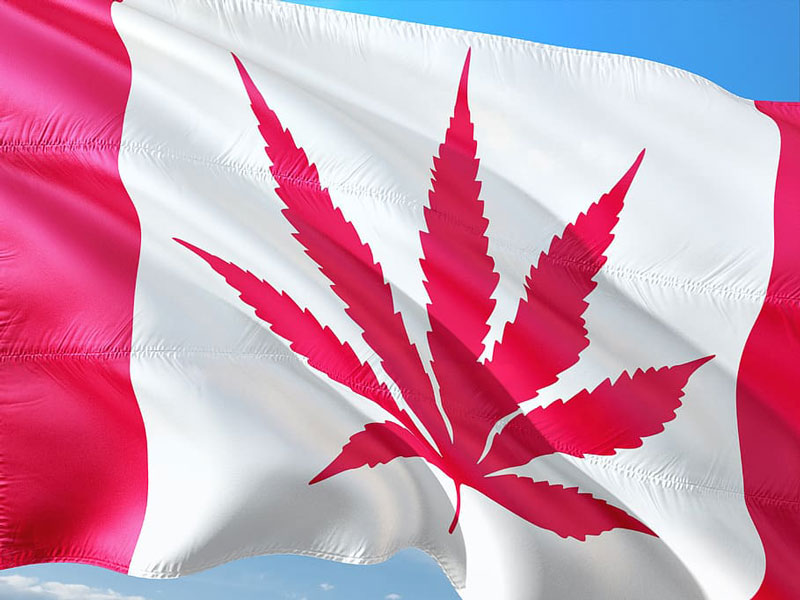
How is CBD Regulated in Canada?
CBD and other phytocannabinoids (cannabinoids derived from cannabis plants) are regulated under the Cannabis Act (C-45), which came into effect on October 17, 2018. Canadian cannabis laws follow the conventions set forth by the United Nations. Since the U.N. places CBD in the controlled substance category, Canada classifies the cannabinoid in the same manner.
Before the Cannabis Act was passed, CBD was regulated under the Controlled Drugs and Substances Act, which prohibited the production, sale, and distribution of CBD without government authorization. The Canadian government reserved approval for strict medical or scientific research.
While the Cannabis Act made phytocannabinoids like CBD more accessible to the general Canadian population, where you can even buy CBD oil online in Canada, the law set up a strict and complicated regulatory system for its production and distribution.
Growing CBD-Containing Plants in Canada
Federal law allows Canadians to grow up to four cannabis plants at home for personal use. Anyone wishing to sell their harvest must apply for a federal license. The Canadian government grants two separate licenses for growing cannabis for profit:
- An industrial hemp license is granted under the Industrial Hemp Regulations portion of the Cannabis Act. A commercial hemp license allows farmers to cultivate cannabis plants with a THC content of less than .3% in any part of the plant. The Canadian government strictly controls which hemp varieties qualify for a commercial growing license.
- Commercial farmers wishing to grow plants containing more than .3% THC must obtain a cultivation license, which abides by the Cannabis Regulations laid out in the Cannabis Act.
Extracting CBD in Canada
Canadian law prohibits hemp farmers from extracting CBD without a separate cannabis processing or research license. Buying black-market CBD extractions can be dangerous and remains illegal in Canada.
Manufacturing and Distributing CBD Health Products
CBD is one of the many phytocannabinoids listed on Canada’s Prescription Drug List. Manufacturers making health claims about CBD are subject to approval under the country’s Food and Drug Regulations.
Natural and veterinary health products may not contain CBD. These products may only include non-viable seeds and hemp-seed extracts that comply with the Industrial Hemp Regulations. Cosmetics may only contain derivatives from approved hemp plants.
Importing and Exporting CBD
The United Nation’s Single Convention on Narcotic Drugs controls how CBD is exported or imported by member countries, including Canada. In accordance with the United Nations’ regulations, Canada only allows the importation and exportation of CBD under certain conditions, including:
- The individual or entity transporting the product must have a current license granted under the Cannabis Regulations stated in the Cannabis Act.
- Distributors must obtain an individual import or export permit for each shipment of products containing CBD. An organization called Health Canada issues importation and exportation permits.
- All imported or exported CBD products must have a qualifying medical or scientific purpose.
Hemp farmers can import seeds by obtaining a license and permit from Health Canada. Since the seeds do not contain cannabinoids, they are not regulated by the Cannabis Regulations portion of the Cannabis Act.
CBD Laws for Food
Canada initially prohibited the sale of edible CBD products until the New Classes of Cannabis Regulations took effect in 2019. The new regulations include such provisions as:
- Prohibiting CBD from being included in pet foods
- Reducing the appeal of CBD products to underage persons
- Limiting the risk of accidental consumption and overconsumption of edibles
- Decreasing the risk of foodborne illnesses
Canada’s Provincial and Territorial CBD Laws
As mentioned earlier, Canada’s CBD and cannabis laws vary according to the regulations stipulated by each province or territory. Most provinces follow the federal legal limit for possession of 30 grams of dried CBD flowers or the equivalent. However, the provinces differ dramatically with respect to their purchase and consumption laws. Let’s take a look at some of Canada’s provincial cannabis regulations.

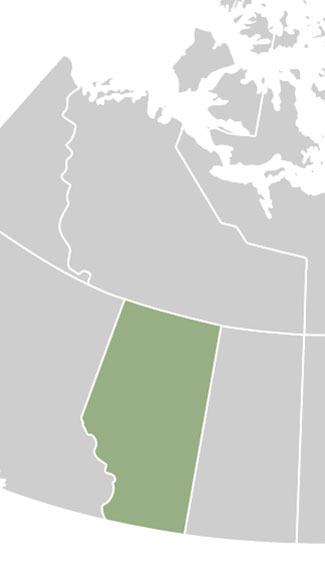
Alberta
- Legal age: 18
- Legal purchase: Government stores or online dispensaries
- Legal consumption: Prohibited in no-smoking areas and inside vehicles except parked recreational vehicles. Landlords may prohibit smoking or vaping CBD in the rental and may legally evict violators.
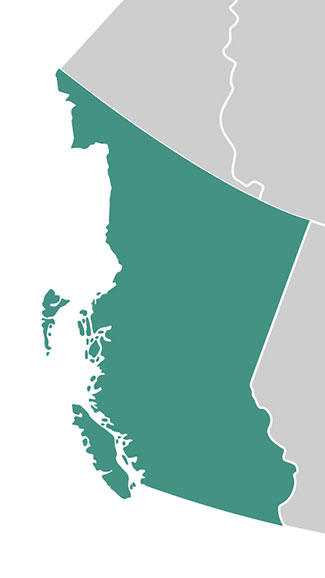
British Columbia
British Columbia punishes driving under the influence of cannabinoids by the same laws that govern alcohol DUI’s.
- Legal age: 19
- Legal purchase: Government stores and online dispensaries
- Legal consumption: Prohibited in no-smoking areas
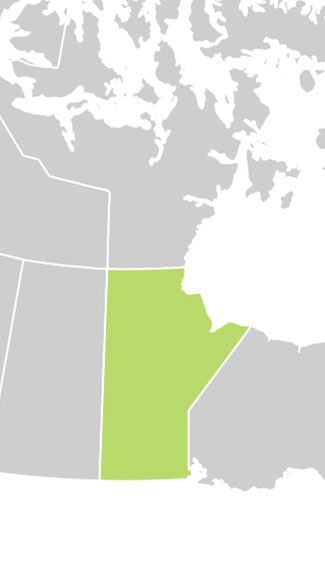
Manitoba
While most provinces allow the federal cultivation limit of four plants for personal use, Manitoba completely prohibits home-cultivation of cannabis.
- Legal age: 19
- Legal purchase: Licensed private or online dispensaries
- Legal consumption: Severely restricted public vaping and smoking
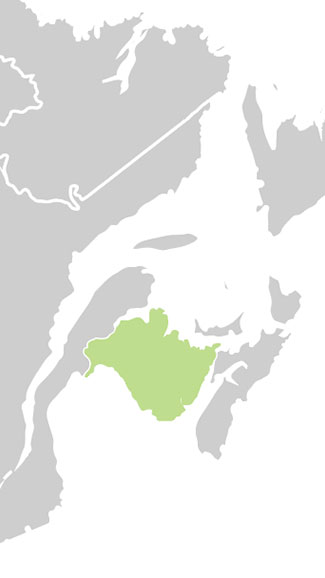
New Brunswick
Although New Brunswick allows home-cultivation, additional restrictions apply.
- Legal age: 19
- Legal purchase: Government stores or government-run online dispensaries
- Legal consumption: Smoking or vaping in vehicles and public spaces is strictly prohibited.
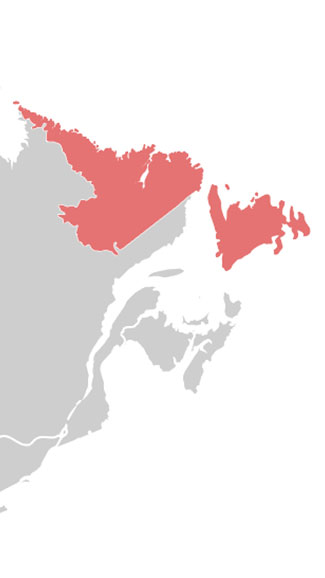
Newfoundland and Labrador
- Legal age: 19
- Legal purchase: Licensed private dispensaries and government-operated online stores
- Legal consumption: Limited to private residences
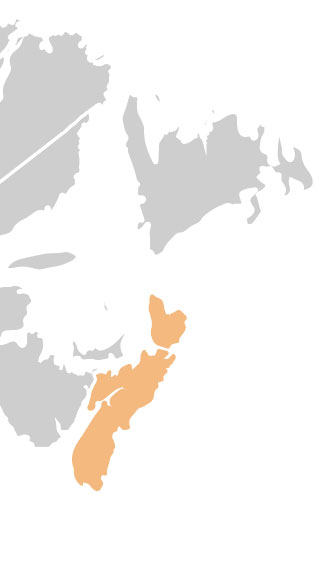
Nova Scotia
- Legal age: 19
- Legal purchase: Government dispensaries or online
- Legal consumption: Public smoking and vaping is limited to designated areas
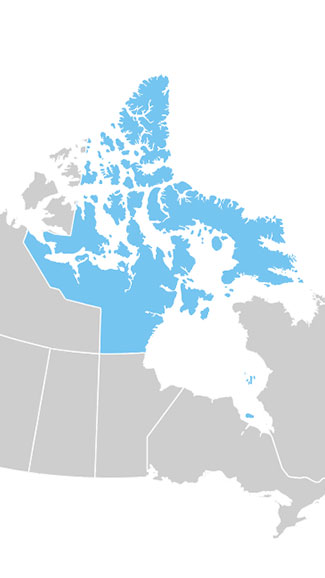
Nunavut
Although Nunavut permits home-cultivation of four cannabis plants, the province allows landlords to prohibit tenants from growing plants. Driving under the influence of cannabis carries penalties, such as fines and suspension of driving privileges.
- Legal age: 19
- Legal purchase: By phone or online from government-operated dispensaries
- Legal consumption: Only allowed in private residences and licensed cannabis lounges
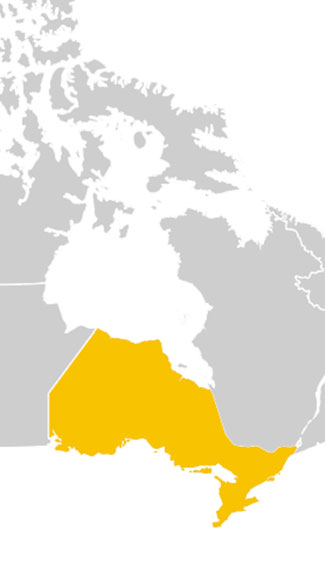
Ontario
- Legal age: 19
- Legal purchase: Licensed private dispensaries and government-run online stores, such as the Ontario Cannabis Store
- Legal consumption: Limited to private residences
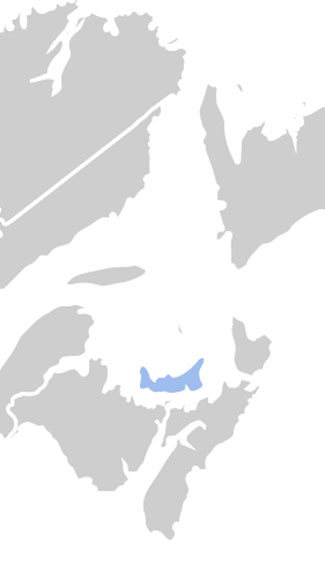
Prince Edward Island
- Legal age: 19
- Legal purchase: Government-operated dispensaries or online
- Legal consumption: Limited to private residences
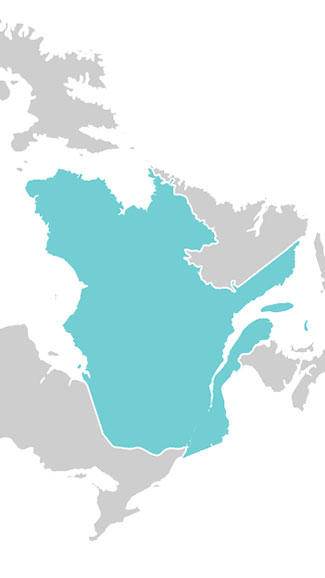
Quebec
Quebec allows possession of up to 150 grams of dried flower or the equivalent in private residences. Public possession is restricted to the federal limit of 30 grams.
- Legal age: 18
- Legal purchase: Government-run dispensaries or online
- Legal consumption: Prohibited in non-smoking areas
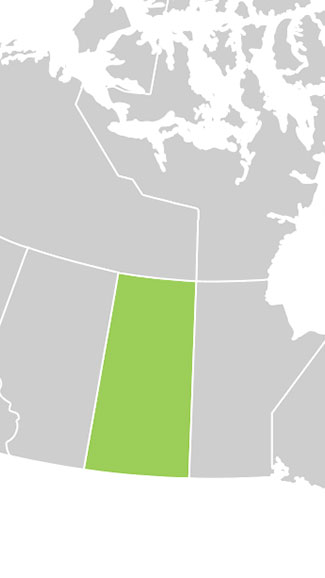
Saskatchewan
The province of Saskatchewan differs from other areas by using a private distribution system instead of government-run dispensaries. However, private distributors must obtain a license.
- Legal age: 19
- Legal purchase: Licensed private dispensaries or online stores
- Legal consumption: Limited to private spaces
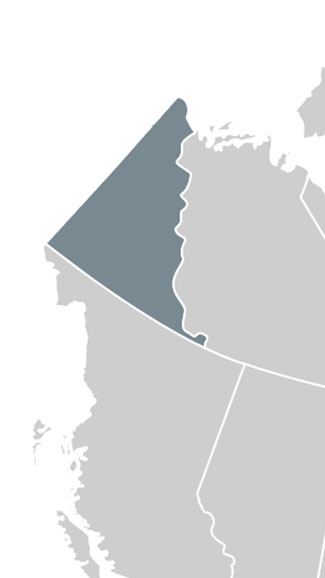
Yukon
- Legal age: 19
- Legal purchase: Government-run dispensaries or online
- Legal consumption: Restricted to private spaces
Hopefully, we’ve answered some of your questions regarding the legality of CBD in Canada. If you’re still wondering about CBD legality in your province, contact us for more info, or check out our CBD products for sale. Our customer service representatives will help you pick out a suitable CBD product and make sure you’re in compliance with federal and provincial laws.
